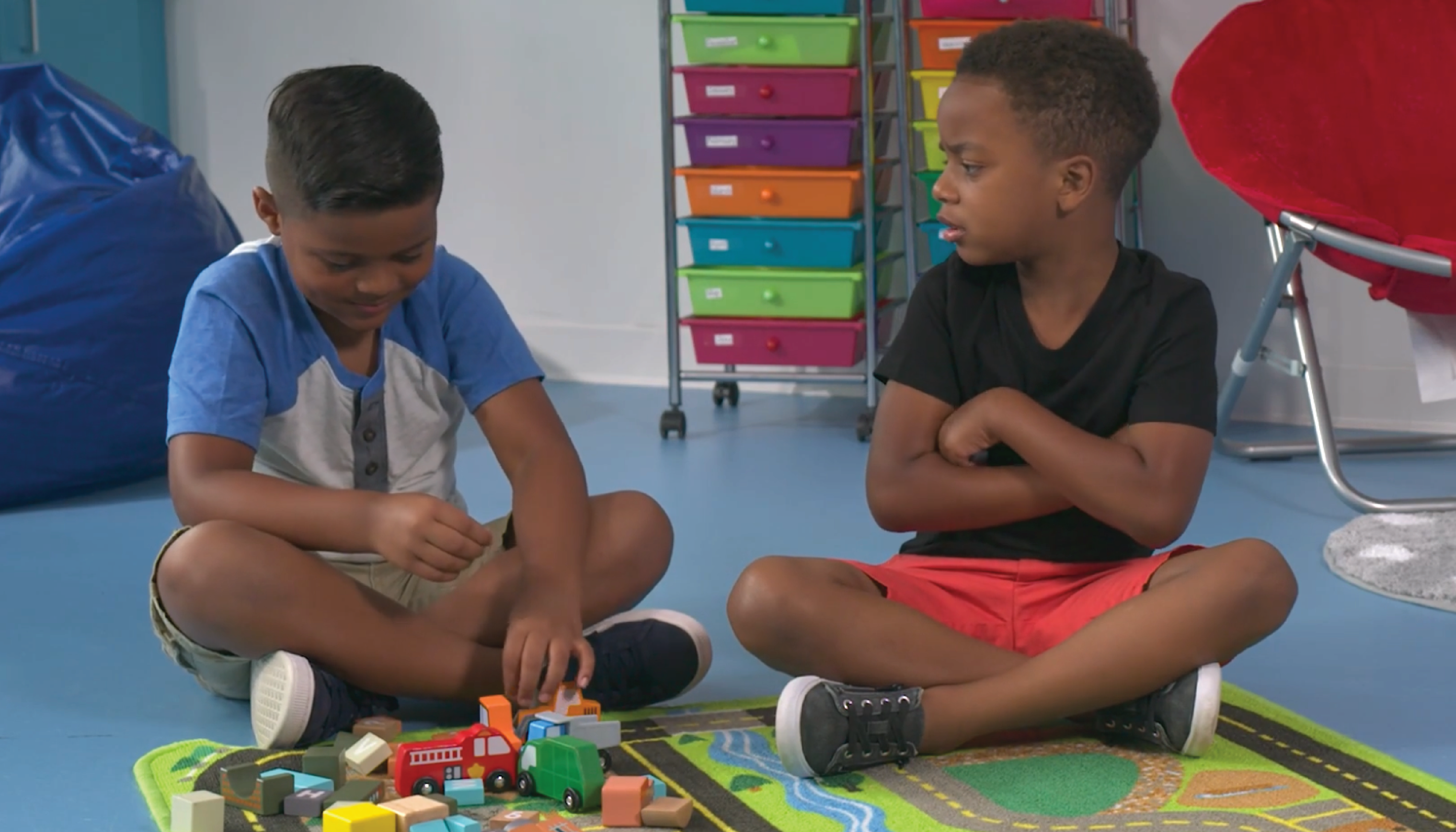Introduction
Saying “sorry” is a crucial life skill that helps students develop empathy, compassion, and healthy relationships. In this blog post, we’ll explore an easy-to-implement, no-prep activity that teaches elementary students the importance of apologizing and recognizing others’ feelings. We’ll also provide discussion questions, mention related skills, and guide you to additional resources for teaching social-emotional learning.
No-Prep Activity: The Apology Role-Play
In this activity, students will participate in a role-play scenario to practice apologizing and understanding when it’s appropriate to say “sorry.” Here’s how it works:
- Pair students up and give each pair a simple scenario where one person accidentally upsets the other (e.g., knocking over a friend’s block tower, taking a toy without asking, or bumping into someone).
- Have one student in each pair act out the mistake, and guide the other student to express their feelings (e.g., “I feel sad because you knocked over my tower.”).
- Encourage the student who made the mistake to apologize by saying “I’m sorry,” explaining why they are sorry, and showing that they care.
- Have the pairs switch roles and practice with a new scenario.
This activity allows students to practice empathy and understand the impact of their actions on others while learning the importance of apologizing.
Discussion Questions
After completing the activity, use these discussion questions to further explore the concept of apologizing:
- Why is it important to say “sorry” when we make a mistake or hurt someone’s feelings?
- How do you feel when someone apologizes to you? How do you feel when someone doesn’t apologize?
- Can you think of a time when you apologized to someone? How did it make the situation better?
- What are some ways we can show that we care about someone’s feelings after we apologize?
- How can we make sure to remember to apologize when it’s necessary?
Related Skills
Teaching students when to say “sorry” is just one part of fostering social-emotional learning. Here are some other related skills to consider teaching:
- Active listening: Encourage students to listen attentively to others and respond empathetically.
- Conflict resolution: Teach students how to effectively resolve disagreements and find solutions that benefit everyone involved.
- Empathy: Help students understand and share the feelings of others.
- Respect: Encourage students to treat others with kindness and consideration.
- Self-awareness: Teach students to recognize and understand their own emotions and actions.
Next Steps
Now that you have an activity and discussion questions to teach students when to say “sorry,” it’s time to explore more social-emotional learning resources. To help you continue on this journey, we invite you to sign up for free samples of skill-building materials and other resources at Everyday Speech. These materials will provide you with additional tools and strategies to foster empathy, compassion, and healthy relationships in your students.






